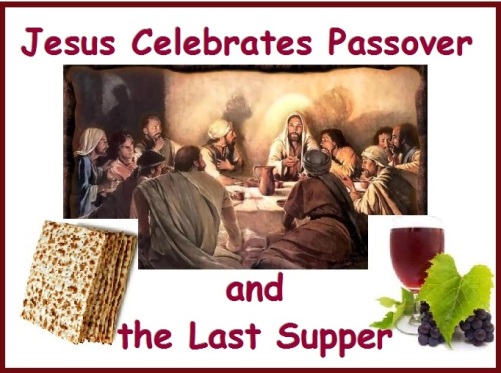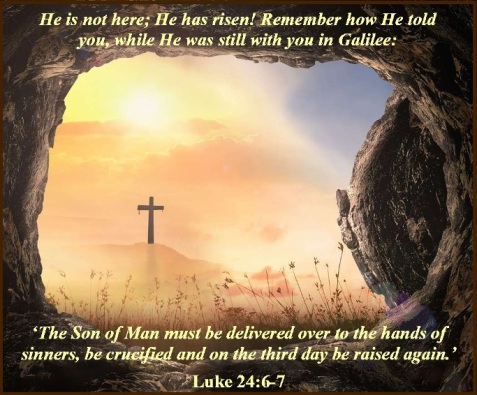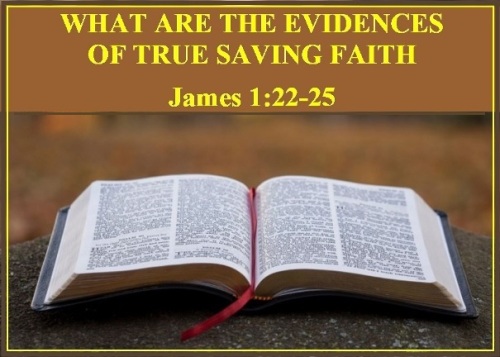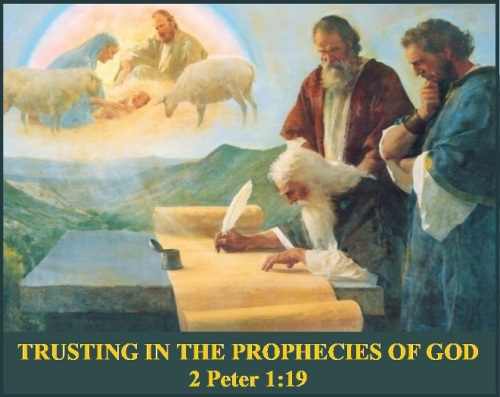
Though I walk in the midst of trouble, You will revive me; You will stretch out Your hand against the wrath of my enemies, And Your right hand will save me. (Psalm 138:7)
Whether it’s dealing with sickness, financial problems, broken relationships, or any other kind of setback, it’s easy to lose faith and feel like there’s no way out. However, as Christians, we have a unique perspective on struggles that allows us to find hope even in the darkest of times.
The Bible is full of stories of people who faced incredible struggles and yet found hope and redemption through their faith in God. Take the story of Joseph, for example. Joseph was sold into slavery by his own brothers, falsely accused of a crime he didn’t commit, and spent years in prison. But through it all, he remained faithful to God and eventually became second in command of all of Egypt, saving his family from famine and becoming a hero to his people.
Similarly, the apostle Paul faced numerous struggles in his life, including imprisonment, persecution, and physical ailments. But he never lost faith and continued to preach the gospel even in the face of adversity. In fact, it was during his imprisonment that he wrote some of his most inspiring letters to the early Christian churches, encouraging them to persevere in the faith.
As a believer you have the same resources that they had, and can find hope and perseverance in the midst of struggles.
Here are four principles:
- Trust in God’s Plan. One of the most powerful ways we can find hope in the midst of struggles is by trusting in God’s plan for our lives. The Bible teaches us that God is in control of everything, and that includes the challenges we face. In Romans 8:28, we read: “And we know that all things work together for good to those who love God, to those who are the called according to His purpose.”
This verse reminds us that God can use even the most difficult situations for our ultimate good, and we can take comfort in the fact that God is always with us, even in our darkest moments. As Psalm 34:18 says, “The Lord is near to those who have a broken heart, and saves such as have a contrite spirit.” When we turn to God in our struggles, we can find hope in the knowledge that He is working everything out for our good.
As a Christian, trusting in God’s plan means having faith that God is in control of our life and that He has a purpose for everything that happens. It means surrendering our own desires and plans to God and trusting that His plan for us is good, even if it may be different from what we had envisioned for ourselves.
Trusting in God’s plan requires a deep belief in God’s character and His promises. We need to trust that God is all-knowing, all-powerful, and all-loving, and that He desires what is best for us. We also need to trust that God’s plan for our life is ultimately for our good and for His glory, even if it may involve hardship or suffering along the way.
Trusting in God’s plan can be challenging, especially when we face difficult circumstances or when God’s plan seems to conflict with our own desires. However, as Christians, we are called to have faith and to trust in God’s sovereignty. Another beautiful verse in the Bible is found in Proverbs 3:5-6 were we are encouraged to “Trust in the Lord with all your heart, and lean not on your own understanding; in all your ways acknowledge Him, and He shall direct your paths.”
Trusting in God’s plan means having faith in His character and promises by surrendering our own plans to Him. We need to seek His guidance and direction and ultimately trust that His plan for our life is perfectly orchestrated and for His glory.
- Finding Fellowship. As a Christian, we need to find fellowship through being a part of a group of people who share our faith and who can support us in our spiritual journey. It means being surrounded by people who encourage us, challenge us, and help us grow in our relationship with God.
In the Bible, we see many examples of people who lived out their faith in community. The early church, for example, was characterized by a deep sense of fellowship and mutual support. Acts 2:42-47 describes how the believers “devoted themselves to the apostles’ teaching and to fellowship, to the breaking of bread and to prayer…All the believers were together and had everything in common…they broke bread in their homes and ate together with glad and sincere hearts, praising God.”
Finding fellowship might involve attending a church or small group, participating in a Bible study or prayer group, or getting involved in a ministry or service project. The important thing is to be intentional about seeking out relationships with other believers who can support us in our faith.
We can find encouragement and accountability as we share our struggles and triumphs with others. We can learn from the wisdom and experience of those who have walked the path of faith before us. We can also be a source of encouragement and support for others who are going through their own struggles and challenges.
Ultimately, finding fellowship as a Christian is about living out the call to love and serve one another. In John 13:34-35, Jesus says, “A new commandment I give to you, that you love one another; as I have loved you, that you also love one another. By this all will know that you are My disciples, if you have love for one another.” By participating in Christian companionship, we can live out this command and grow in our relationship with God and with others.
- Cultivating Gratitude. As Christians, we’re called to give thanks in all circumstances. In 1 Thessalonians 5:18, we’re told to “give thanks in all circumstances; for this is God’s will for you in Christ Jesus.”
This doesn’t mean we should ignore our pain or pretend that everything is okay when it’s not. Rather, it means that we can find hope by looking for the good in every situation no matter how small they may seem.
We can be grateful for the people who are supporting us, or for the small moments of joy we experience in the midst of our struggles. By intentionally cultivating gratitude, we can shift our focus from our difficulties to the blessings in our lives.
It means acknowledging that everything we have is a gift from God, and choosing to view our life through a lens of gratitude rather than one of entitlement or complaint. We can make a daily habit of thanking God for the blessings in our lives, both big and small. We can also reflect on how God has worked in our life in the past, and give thanks for His faithfulness and provision.
Cultivating gratitude can help us to shift our focus from our problems to the blessings in our lives, leading to greater joy and contentment. It can also help us to stay connected to God and to remember His faithfulness, even when we are facing difficult circumstances, recognizing that everything we have is a gift from God. By practicing gratitude, we can experience greater joy and contentment in our life, and deepen our relationship with God.
- Holding onto God’s Promises. This means that we are to trust in and rely on the truths and assurances found in the Bible that are attributed to God. These promises remind us of God’s love, faithfulness, and power, and can provide hope and encouragement in the midst of difficult circumstances.
Holding onto God’s promises involves several steps:
- First, we need to identify the promises that speak to our specific situation. For example, if we’re facing financial difficulties, we might look to the promise in Philippians 4:19: “And my God will meet all your needs according to the riches of his glory in Christ Jesus.”
If we’re struggling with fear or anxiety, we might turn to Isaiah 41:10: “So do not fear, for I am with you; do not be dismayed, for I am your God. I will strengthen you and help you; I will uphold you with my righteous right hand.”
- Second, once we’ve identified the promises that apply to our situation, we need to meditate on them and internalize them. This means taking the time to read and study the relevant verses, and reflecting on what they mean for us personally. We can pray and ask God to help us believe and trust in His promises, even when our circumstances seem overwhelming.
- Finally, holding onto God’s promises requires faith and patience. We may not see immediate results or experience an instant resolution to our struggles, but we can trust that God is working behind the scenes and that His promises will come to pass. As Hebrews 11:1 tells us, “Now faith is confidence in what we hope for and assurance about what we do not see.”
Holding onto God’s promises involves a combination of faith, study, prayer, and patience. By relying on the truths and assurances found in the Bible, we can find hope and encouragement even in the midst of our struggles.
So, always remember to “commit your way to the Lord; trust in Him, and He will act” (Psalm 37:5).
*******




















